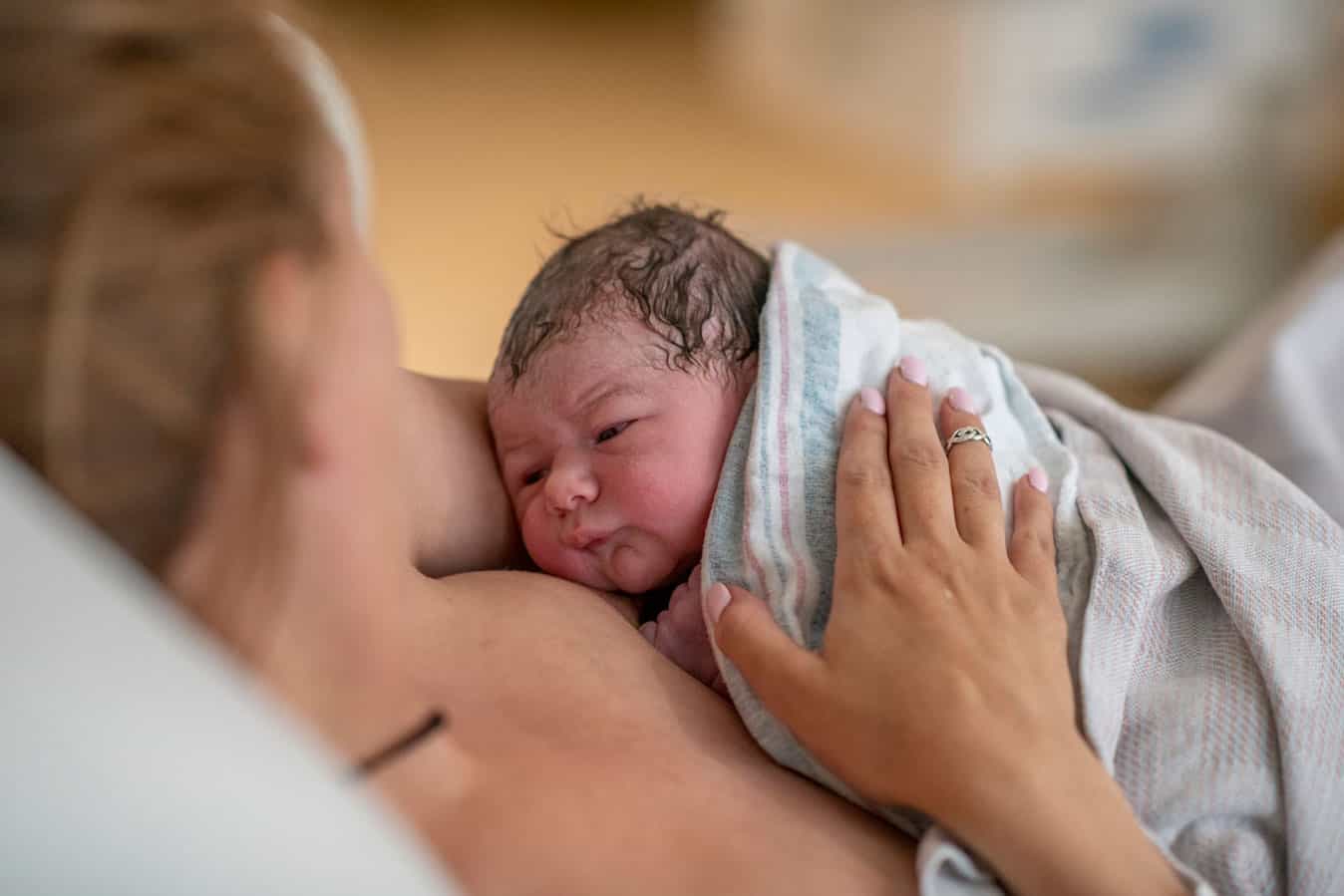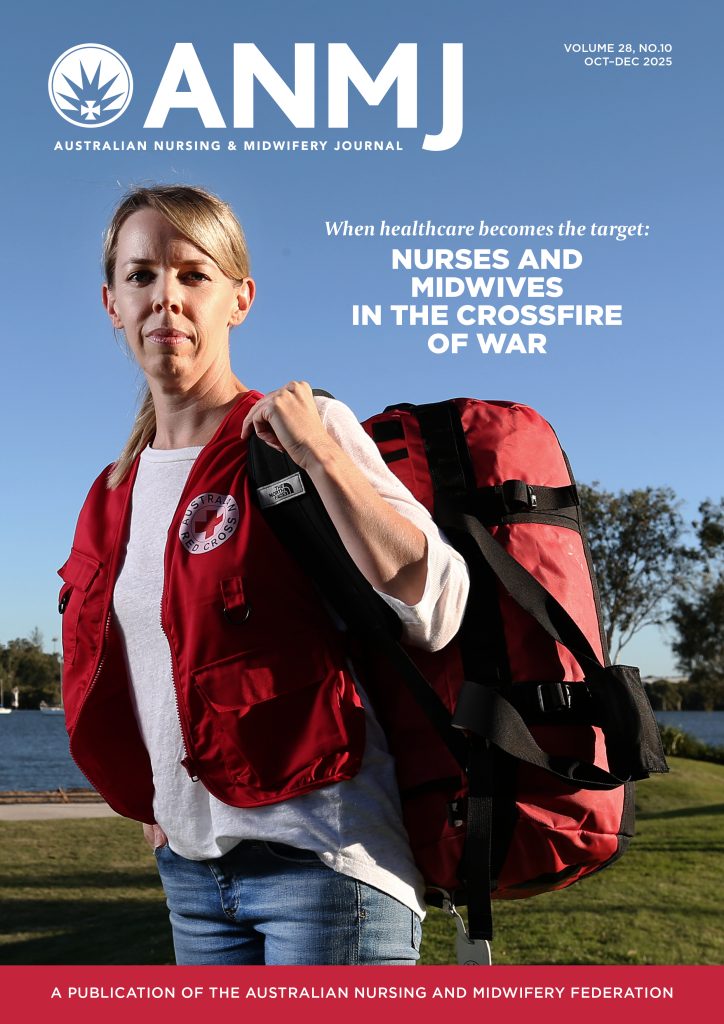A national forum has called on the federal government to make rural maternity services a health reform priority at the next National Cabinet meeting on health. It follows a think tank on rural maternity services held by peak rural nursing and medical bodies in May and a recent report showing dire attrition of the Australian midwifery profession.
The National Rural Maternity Services Forum held last week at Parliament House in Canberra delivered a suite of agreed solutions for governments and health services to improve access to local maternity care for rural women and families.
The forum was held against the background of more than 150 rural maternity units having been closed over the past 20 years, with many others downgraded and bypassed.
Hosted by the Office of the National Rural Health Commissioner and supported by the Rural Doctors Association of Australia (RDAA) and Australian College of Midwives (ACM), the forum was attended by more than 70 key stakeholders. These included consumers of rural maternity services, midwives, Aboriginal and Torres Strait Islander peak bodies, rural generalist (RG) obstetricians, GPs and GP obstetricians, consultant specialist obstetricians, nurses, allied health and representatives from the state and federal health departments.
“The risks to rural mothers and babies are enormous when there is no local birthing service, the costs to rural families are huge, and there are also significant indirect costs to rural communities – because when a local maternity unit is closed, doctors and midwives leave town too and other local health services are often lost,” said RDAA President Dr Megan Belot, who works as a GP anaesthetist in rural Victoria, including in maternity units in her region.
“Further significant investment and a targeted focus is needed to halt the decline in these much needed services in rural communities. We call on the government to make rural maternity services a health reform priority,” ACM’s Chief Midwife Alison Weatherstone said.
“This means significantly increasing access to midwifery led continuity models of care for all women as well as investing in the workforce with ongoing education, training and incentives. Importantly, we need to attract people into midwifery and also to live and work in rural and remote areas,” she said.

The Council of Deans of Nursing and Midwifery (CDNM) delivered a position paper earlier this month calling for urgent action on the midwife shortage – labelling it a crisis. The number of clinically practising midwives aged 45-54 has fallen by 40% since 2013.
“We must urgently start to address the midwifery workforce shortages and acknowledge and recognise that a lack of professional recognition is fuelling intentions by midwives in Australia to leave the profession,” said CDNM Chair of the Midwifery Advisory Group Professor Kathleen Baird.
The CDNM made several recommendations in its The future of the midwifery workforce in Australia position paper, including around leadership, culturally safe workplaces, an increase in the number of midwifery professional experience clinical placements, and an increase in number of Aboriginal and Torres Strait Islander and culturally and linguistically diverse midwives.
The national forum focussed on developing an agreed plan that could help return, retain and develop maternity services in rural and remote communities. This included a key focus on supporting Aboriginal and Torres Strait Islander women – and women of all cultural backgrounds – to access culturally safe rural maternity care.
Importantly, a number of those in attendance were rural mothers themselves with direct knowledge of the challenges that rural and remote women face in accessing maternity care and birthing services in their own communities.
“The first step following our forum will be for the National Rural Health Commissioner, Adjunct Professor Ruth Stewart, to discuss the priority recommendations with government and department representatives” Dr Belot said.
“Our forum has delivered key actions. These actions are essential to ensuring that we not only save rural maternity services from closure and downgrading, but indeed expand their role in their communities, ensure their sustainability into the future, and re-open previously closed maternity services. Rural and remote women and their babies deserve local access to high quality birthing services.
The ACM welcomed the announcement that Professor Mark Cormack will lead the Unleashing the Potential of our Health Workforce Review, a review of scope of practice that was announced earlier this year.
“Midwives working to their full scope of practice in continuity settings would provide all women with equitable access to safe maternity care,” Ms Weatherstone said.
“Expanding access to the Medicare Benefits Schedule and Pharmaceutical Benefits Scheme for midwives will support midwives working to full scope and birthing families with access to service.”
Key priority action coming out of the forum include:
- Rural birthing services is included on the agenda for a forthcoming National Cabinet meeting that will focus on health.
- Expansion of Birthing on Country services nationally, but also more broadly to include rural and remote maternity care.
- Secure funding for a National Maternity Workforce Plan, in order to build and sustain a strong rural maternity care workforce.
- Establishing national minimum standards for rural maternity care access and service for national consistency
- Reviewing the National Consensus Framework for Rural Maternity Services, updating it to reflect changes and advances within maternity care, and then its immediate implementation.








